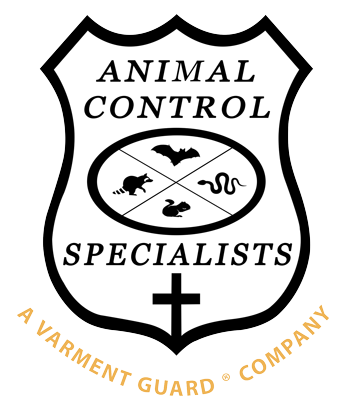Animals in the attic can pose several health risks to humans. One of the most common health concerns is the spread of diseases through animal droppings and urine. For example, rodents such as rats and mice can carry diseases like hantavirus, leptospirosis, and salmonellosis, which can be transmitted to humans through contact with their excrement. Additionally, animals in the attic can introduce parasites like fleas, ticks, and mites into the living space, leading to potential infestations and the transmission of diseases such as Lyme disease and typhus. Moreover, the presence of animal carcasses in the attic can cause foul odors and attract insects, increasing the risk of secondary infestations and potential health hazards. It is essential to address these issues promptly to ensure the safety and well-being of individuals living in a home with animals in the attic.
Health Risks Associated with Animals in the Attic
Introduction
Animals in the attic can pose various health risks that homeowners need to be aware of. These unwanted guests can not only cause structural damage to your property but also carry diseases that can be harmful to you and your family. It is important to understand the potential health hazards associated with animals in the attic and take appropriate measures to ensure the safety and well-being of everyone in your home.
1. Allergies and Asthma
One of the primary health risks associated with animals in the attic is the potential for allergies and asthma. The presence of animal droppings, urine, and dander can trigger allergic reactions in susceptible individuals. These reactions may range from mild symptoms such as sneezing, coughing, and watery eyes to more severe conditions like asthma attacks. If you or your family members have a history of allergies or asthma, it is crucial to address the animal infestation promptly to minimize the risk of exacerbating these conditions.
2. Diseases
Animals in the attic can carry a variety of diseases that can be transmitted to humans. Raccoons, squirrels, and bats, for example, are known carriers of rabies, a viral disease that affects the central nervous system and can be fatal if left untreated. Additionally, animal droppings can harbor bacteria, parasites, and viruses that cause diseases such as leptospirosis, histoplasmosis, and salmonellosis. Exposure to these pathogens through direct contact or inhalation of contaminated dust can lead to severe illness.
3. Parasites
Another health risk associated with animals in the attic is the presence of parasites. Fleas, ticks, mites, and lice are commonly found on wildlife and can easily infest your home if the animals gain access to your attic. These parasites can bite humans, causing skin irritation and itching. Moreover, they can transmit diseases such as Lyme disease and Rocky Mountain spotted fever. It is essential to address the animal infestation promptly to prevent the spread of these unwanted pests throughout your living space.
4. Fungal Infections
The accumulation of animal droppings in the attic can create an ideal environment for the growth of fungi, including molds. Molds release spores into the air, which can be inhaled and cause respiratory issues, especially in individuals with compromised immune systems or pre-existing respiratory conditions. Prolonged exposure to mold spores can lead to allergic reactions, sinusitis, bronchitis, and even fungal infections in severe cases. It is crucial to address any water damage or excessive moisture in your attic to prevent mold growth and subsequent health problems.
Conclusion
In conclusion, animals in the attic can pose significant health risks to homeowners. Allergies, asthma, diseases, parasites, and fungal infections are some of the potential hazards associated with these unwanted guests. Promptly addressing animal infestations and ensuring proper cleanup and sanitization is essential to safeguard the health and well-being of everyone in your home. Seeking professional assistance from a wildlife control operator can help you effectively and safely handle these situations while minimizing the associated health risks.
Contact For Wildlife Control Help
If you are in need of professional animal removal services, look no further than Animal Control Specialists, LLC. Our team of experts is highly trained and experienced in safely and efficiently removing unwanted animals from your property. We understand the urgency and importance of addressing these situations promptly, which is why we are available to assist you 24/7. Don’t let wildlife invade your home or pose a threat to your family’s safety any longer. Call us today at (330) 608-1718 and let us handle all your animal removal needs.
